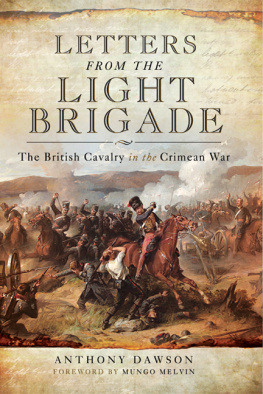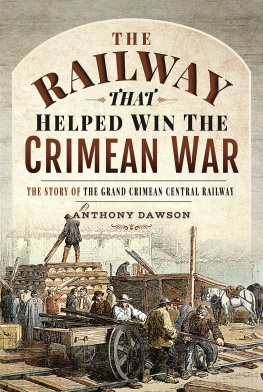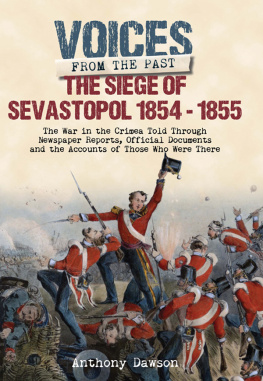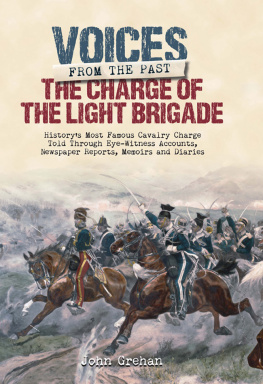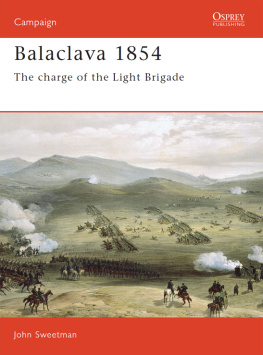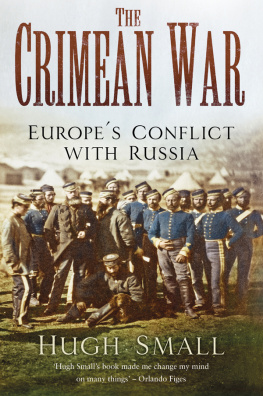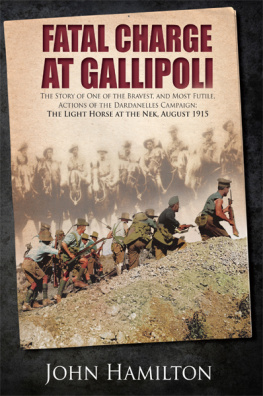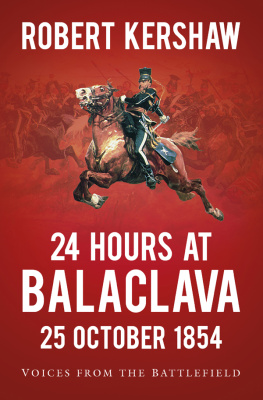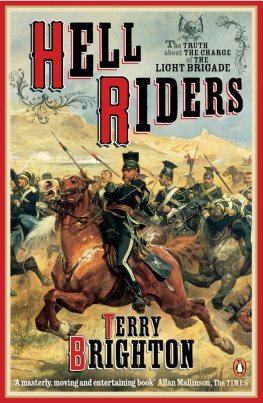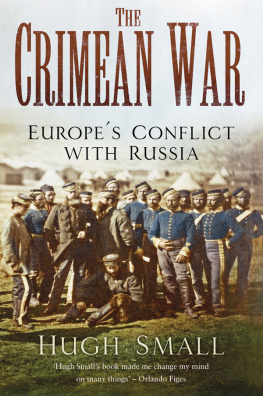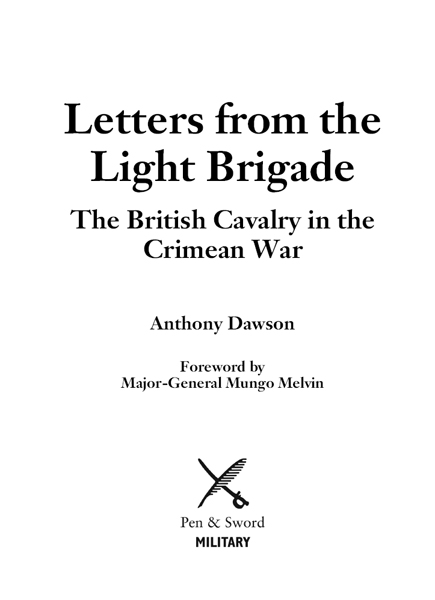
First published in Great Britain in 2014 by
PEN & SWORD MILITARY
An imprint of
Pen & Sword Books Ltd
47 Church Street
Barnsley
South Yorkshire
S70 2AS
Copyright Anthony Dawson, 2014
ISBN 978-1-78303-027-9
eISBN 9781473838222
The right of Anthony Dawson to be identified as the author of this work has been asserted by him in accordance with the Copyright, Designs and Patents Act 1988.
A CIP catalogue record for this book is available from the British Library.
All rights reserved. No part of this book may be reproduced or transmitted in any form or by any means, electronic or mechanical including photocopying, recording or by any information storage and retrieval system, without permission from the Publisher in writing.
Typeset by Concept, Huddersfield, West Yorkshire, HD4 5JL.
Printed and bound in England by CPI Group (UK) Ltd, Croydon CR0 4YY.
Pen & Sword Books Ltd incorporates the imprints of Pen & Sword Archaeology, Atlas, Aviation, Battleground, Discovery, Family History, History, Maritime, Military, Naval, Politics, Railways, Select, Social History, Transport, True Crime, and Claymore Press, Frontline Books, Leo Cooper, Praetorian Press, Remember When, Seaforth Publishing and Wharncliffe.
For a complete list of Pen & Sword titles please contact
PEN & SWORD BOOKS LIMITED
47 Church Street, Barnsley, South Yorkshire, S70 2AS, England
E-mail: enquiries@pen-and-sword.co.ukk
Website: www.pen-and-sword.co.uk
Contents
List of Plates
List of Maps
Foreword
At a time when academic, media and public interest is focusing on the centenaries of the First World War, if not the bicentenary of the battle of Waterloo and the end of Napoleonic Wars, it is proper to remember also a major event a seminal episode in European history that bridged the two conflicts. The Crimean War, though not forgotten, remains a worthy object of study. While some authors examine primarily the grand and military strategies involved, dissecting the causes and consequences of the War with Russia, as it was once termed, others provide collections of personal accounts of those who took part, mostly set in a more tactical context. In order to understand that war fully, we need both these genres and perspectives.
Anthony Dawsons Letters from the Light Brigade offers us a rich source of authentic, very telling soldiers experiences from the Crimean War. He presents this new collation with a concise, authoritative commentary on the deployment of the Light Brigade and its major actions in Crimea. Of course, that formations famous charge at Balaklava is given due prominence, but not exclusively so. There are real gems of insight here, both historical and modern: much to fascinate and a great deal to learn. I for one, will never look at or describe the battles and battlefields of the Crimea again in quite the same way. Hence I am delighted to introduce and commend this work as a very valuable and compelling addition to the literature of the Crimean War.
Mungo Melvin, Major-General (retired),
President, British Commission for Military History
Preface
To quote Wilfred Owen, My study is the pity of war. This book is not the study of battles or generals or weapons. It is the study, the story, of people the extraordinary experiences of the ordinary men (and women) of the British cavalry brigades in the Crimean War.
One and a half centuries since the Charge of the Light Brigade, the events of 25 October 1854 continue to fascinate; in the last ten years alone upwards of ten books have been written on the Charge not only trying to identify those who took part but usually who was to blame invariably to the detriment of the study of the Battle of Balaklava and indeed the Crimean War as a whole and often using the same limited pool of contemporary accounts.
This project began with my Master of Art by Research at the University of Leeds British Army perception of French support services during the Crimean War which entailed reading several hundreds (thousands?) of letters home from the front usually published in contemporary newspapers. Whilst collating these letters home it became obvious that here was an as yet untapped mine of first-hand accounts from the Crimean War, and yes, letters from survivors of the Charge of the Light Brigade. Thus Letters from the Light Brigade was born an attempt to collect and present as many letters from the men of the British cavalry during the Crimean War to put the human face and a personal voice on those calamitous events of so long ago. To let those who experienced the Crimean War tell their story, in their own words.
Acknowledgements
It is traditional at this point to thank all those who have helped the author in his or her arduous task of writing the manuscript. Firstly, I should like to thank my supervisor, Professor Edward Spiers of the University of Leeds, for his encouragement and enthusiasm for over two years during the writing of my thesis. Secondly I would also like to thank my partner Andrew Mason for the maps and also for his patience, cups of tea, a shoulder to cry on, and help on innumerable research trips. Thanks are also due to my brother, Paul Dawson, for his expert advice on all things equine.
I would also like to thank the staff at Huddersfield, Leeds, Manchester, Stockport and Wakefield libraries for access to microfilm copies of newspapers and answering innumerable questions; and also staff at Flintshire Record Office, Herefordshire Record Office, Lincolnshire Archives and the National Army Museum.
Introduction: Letters Home
The Crimean War was perhaps the first media war: it was not the first conflict to have war correspondents or the first time letters from the front were published in the press, but it was the first fought under the scrutiny of the domestic press.
The period 18546 also saw the readership of newspapers, and their social diversity massively increase. Newspapers developed a degree of significance heretofore unknown.
The Provincial Press
Whilst the impact of the reports from the Crimea by W.H. Russell of The Times (which had the largest circulation in Britain, 60,000 copies being sold per day), it was the provincial press which, through its publication of Russells reports and letters home from local soldiers that gave Russells accounts both local colour and verification turned the mood of the country against the Aberdeen government and towards the soldiers at the front. Many of the leading provincial towns and cities had their own newspaper, often several, usually one liberal and the other Tory. Indeed, the majority of the letters presented here were published in the provincial press, rather than the metropolitan titles, as they provided much needed copy and were full of local (human) interest. Manchester, for example had three papers, of which the radical, Nonconformist Manchester Guardian was the most widely read and influential (circulation of 23,000 per day in 1855) of the provincial dailies, both in the north and nationally. The liberal, tri-weekly Leeds Mercury was the next most influential (circulation of 10,000 per day) of the northern papers.
The Ordinary Soldier
Letters from ordinary soldiers and the despatches of the various special correspondents that were full with the human drama of the war contrasted greatly with the official, somewhat terse despatches of the British commander in the Crimea, Lord Raglan.

